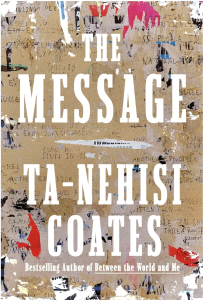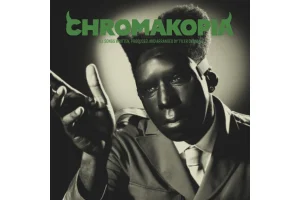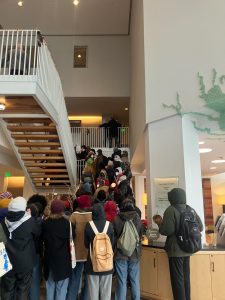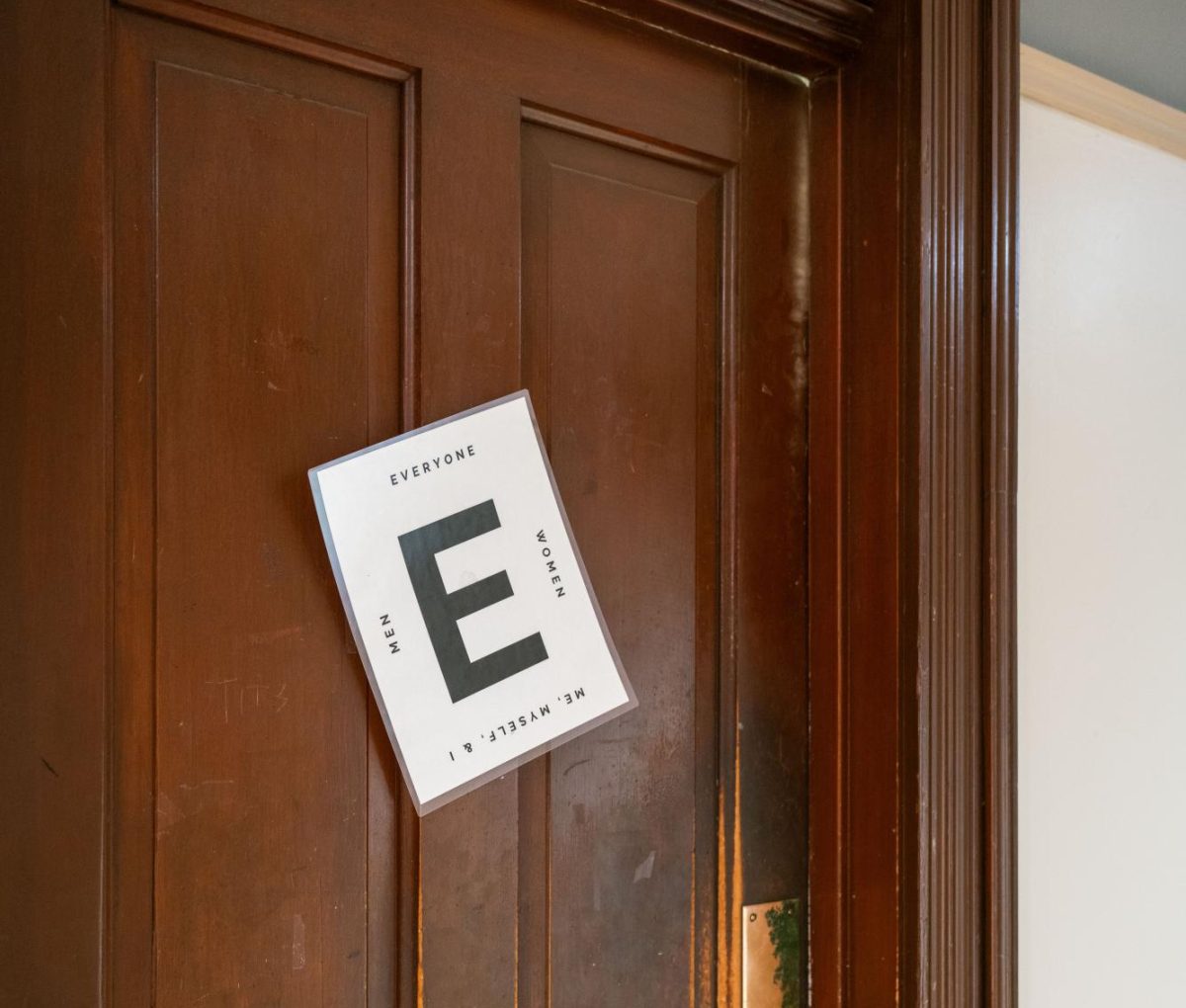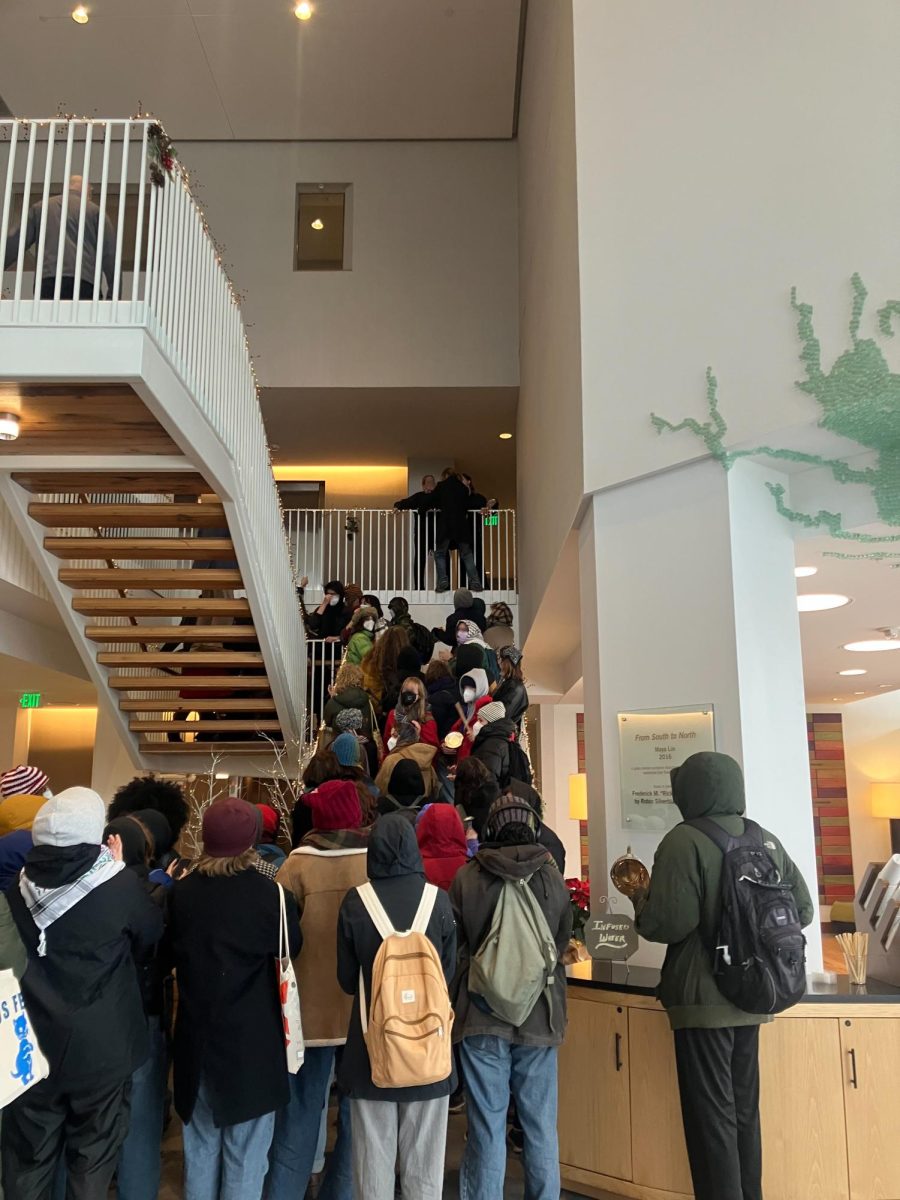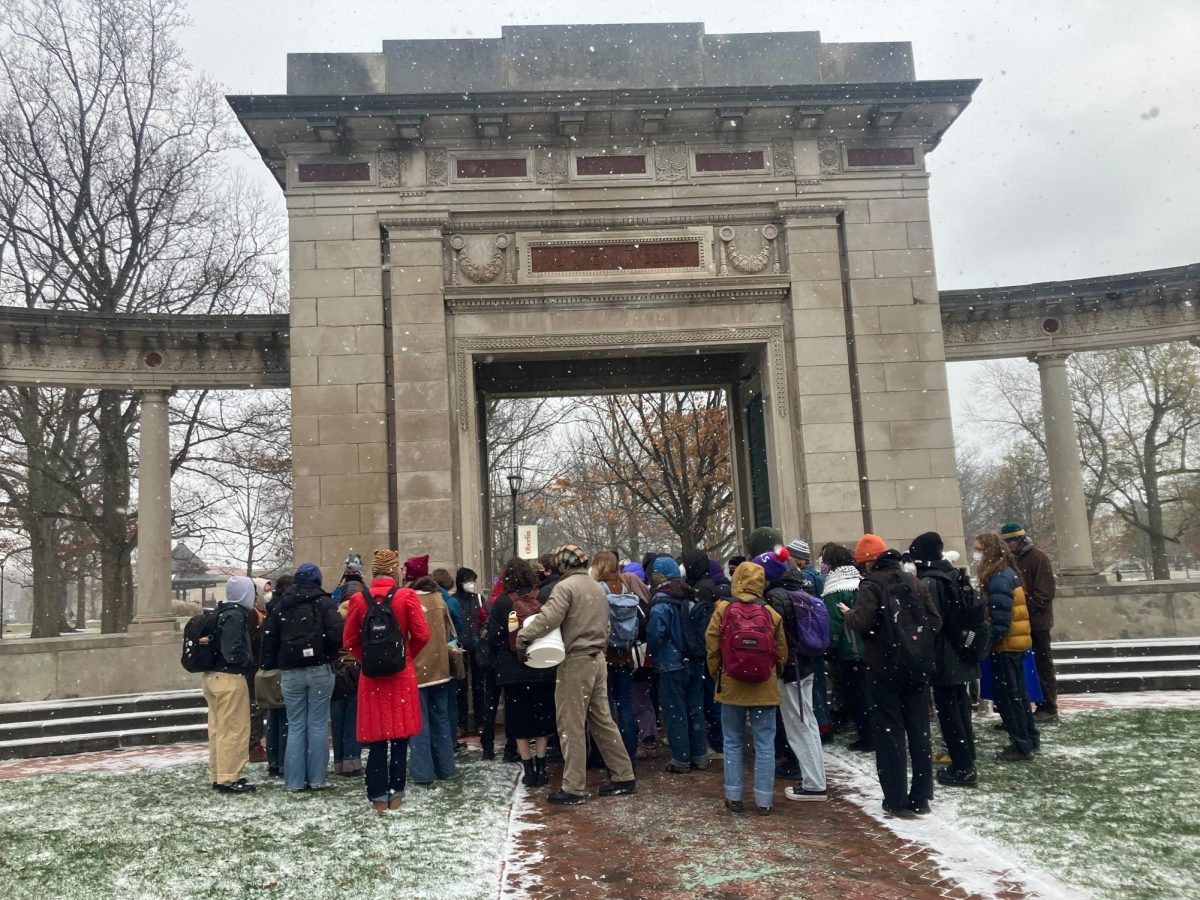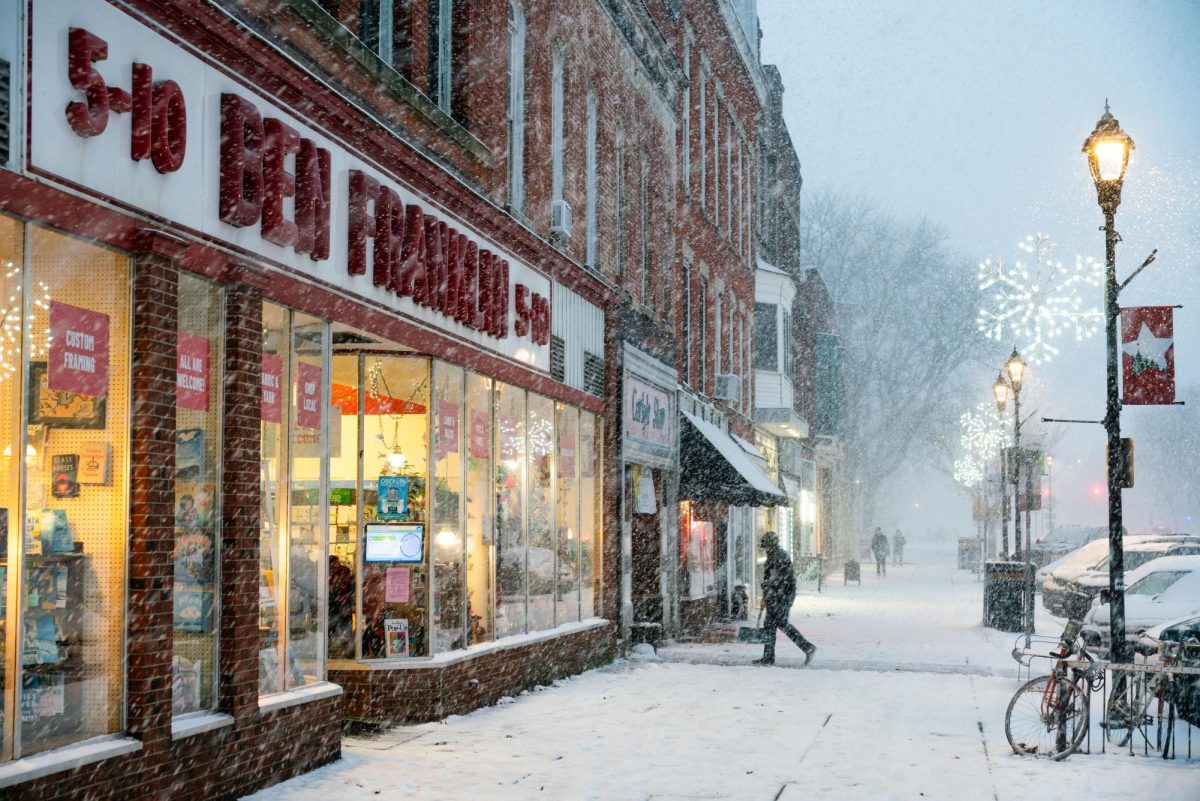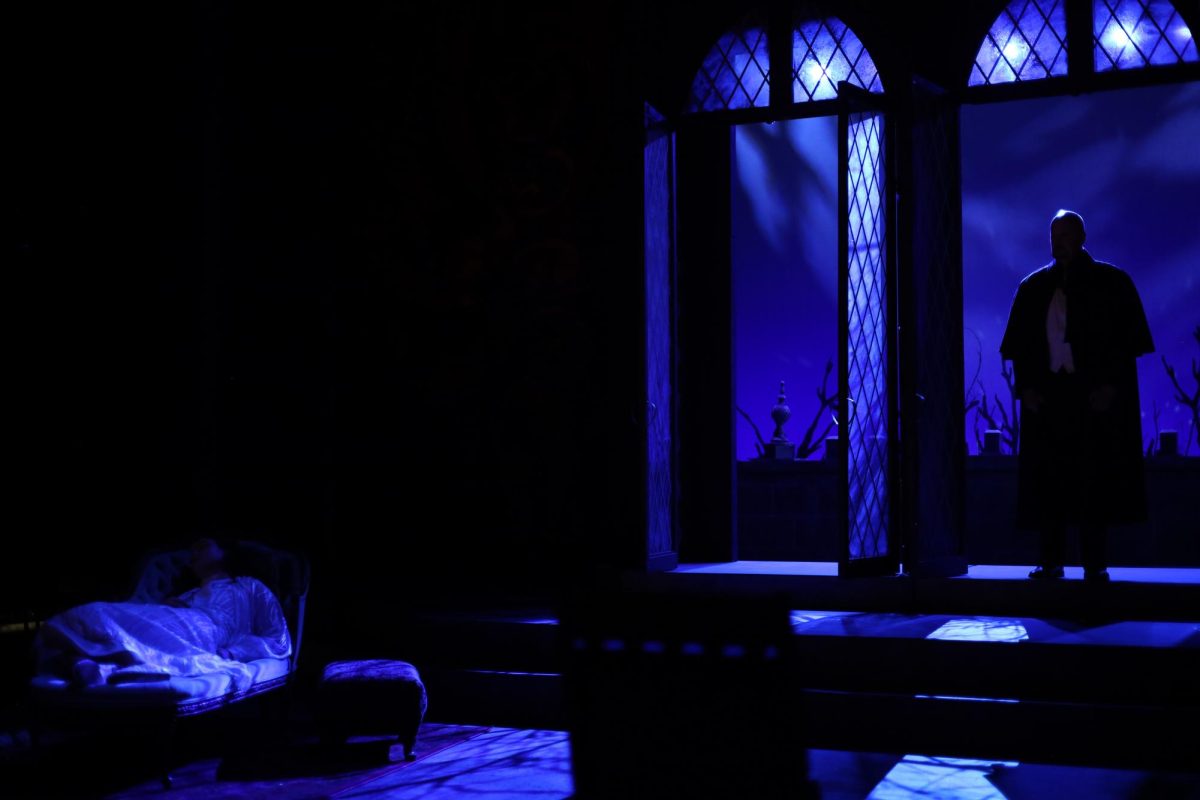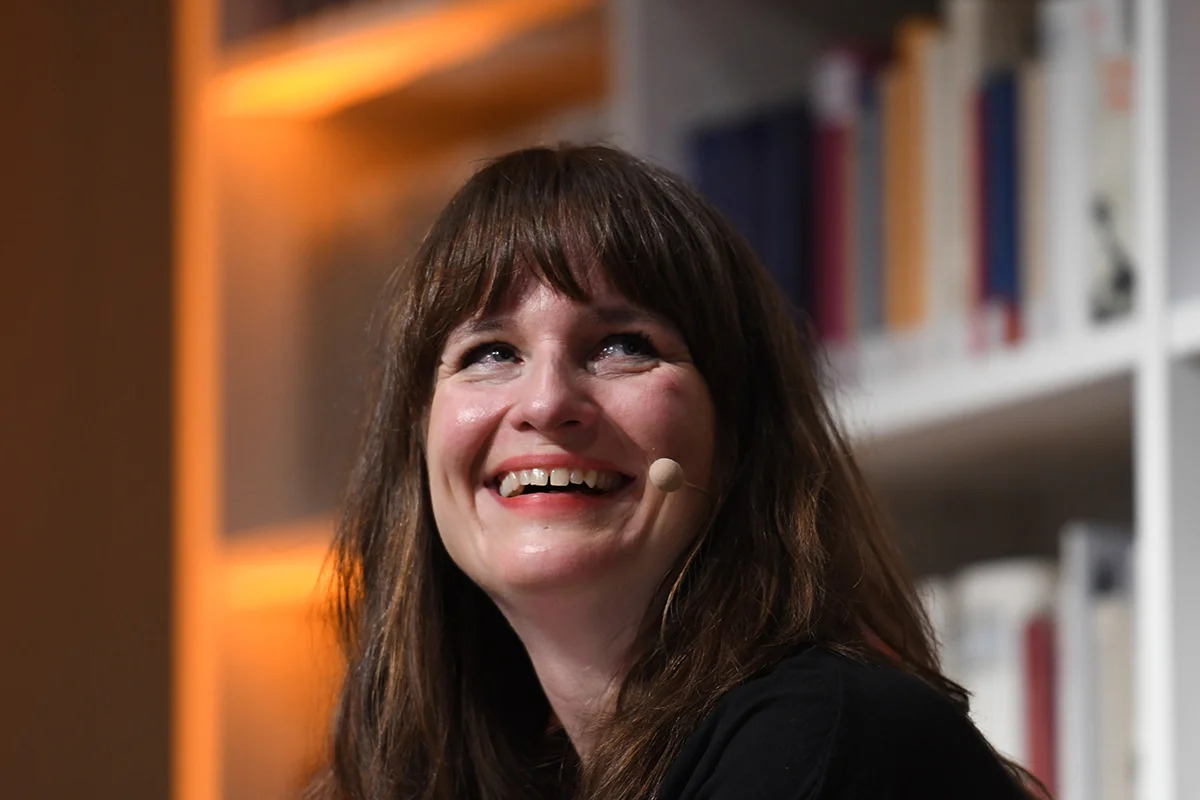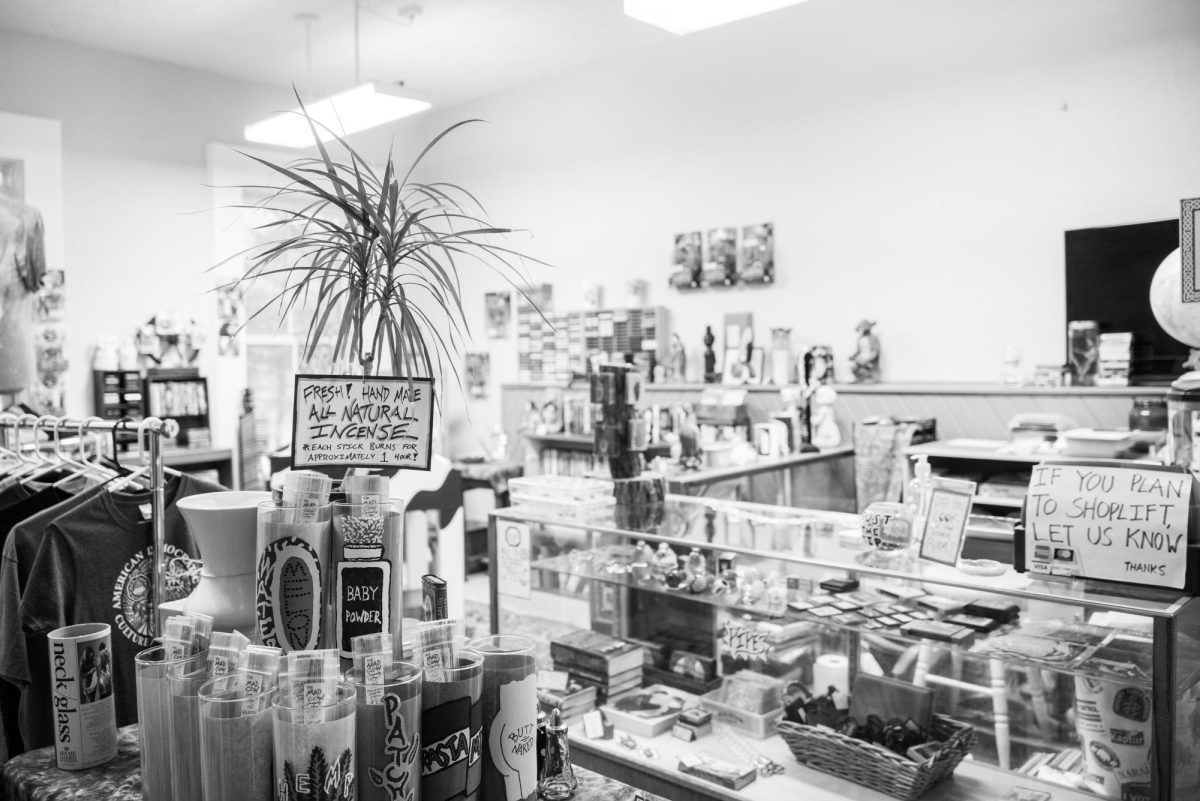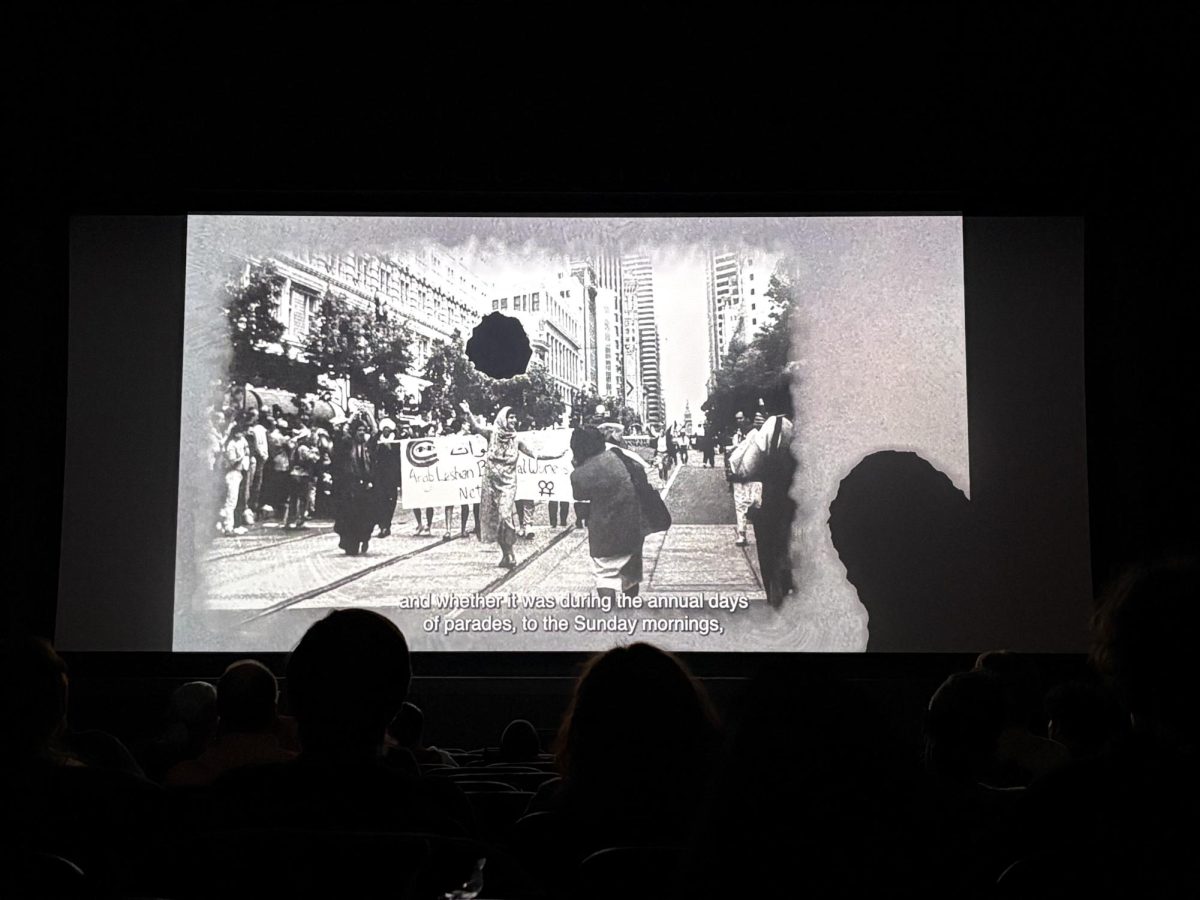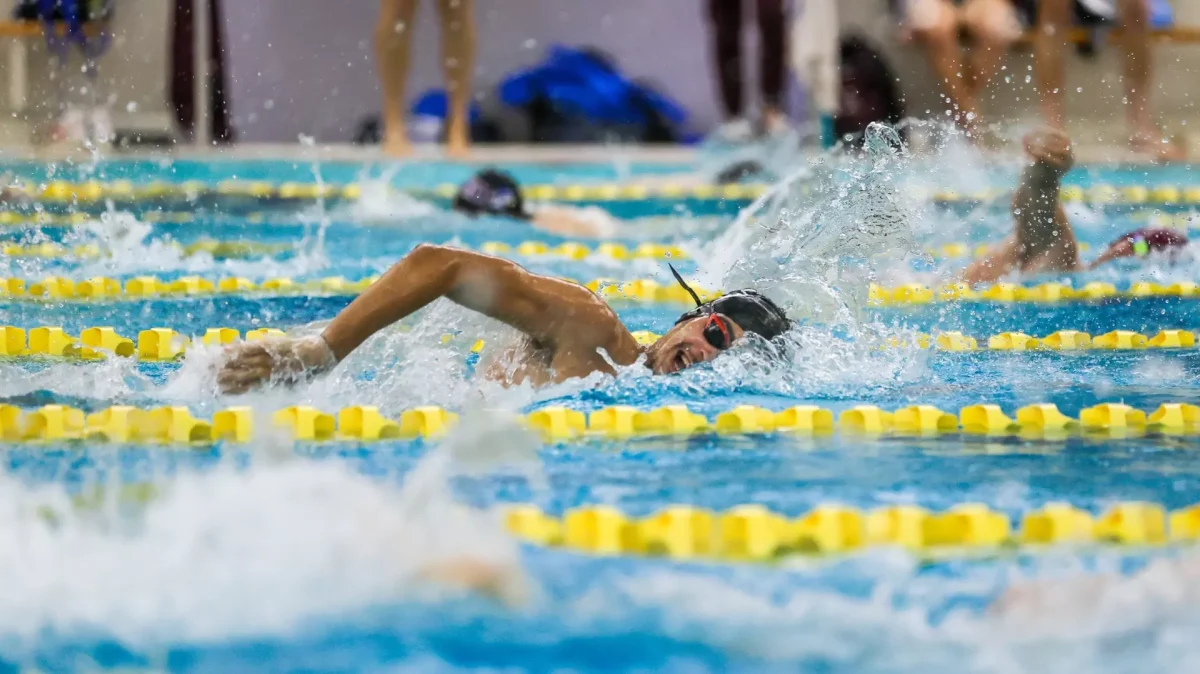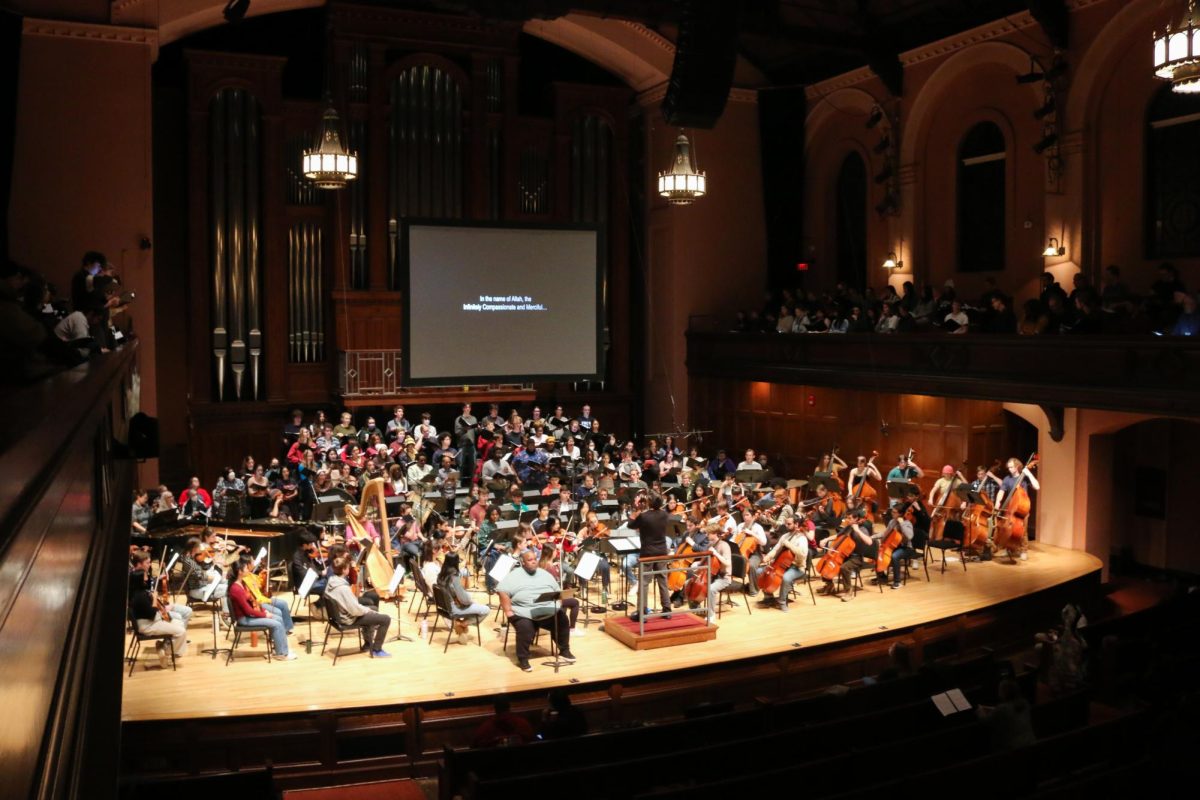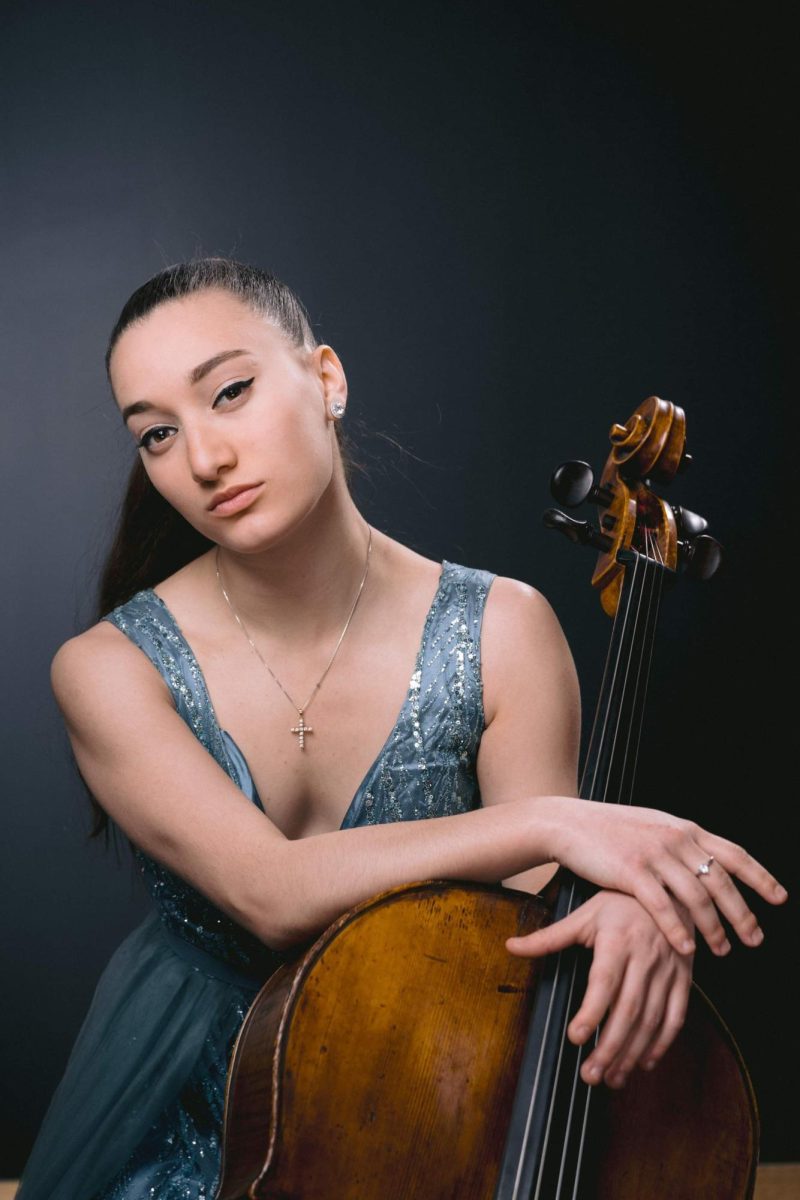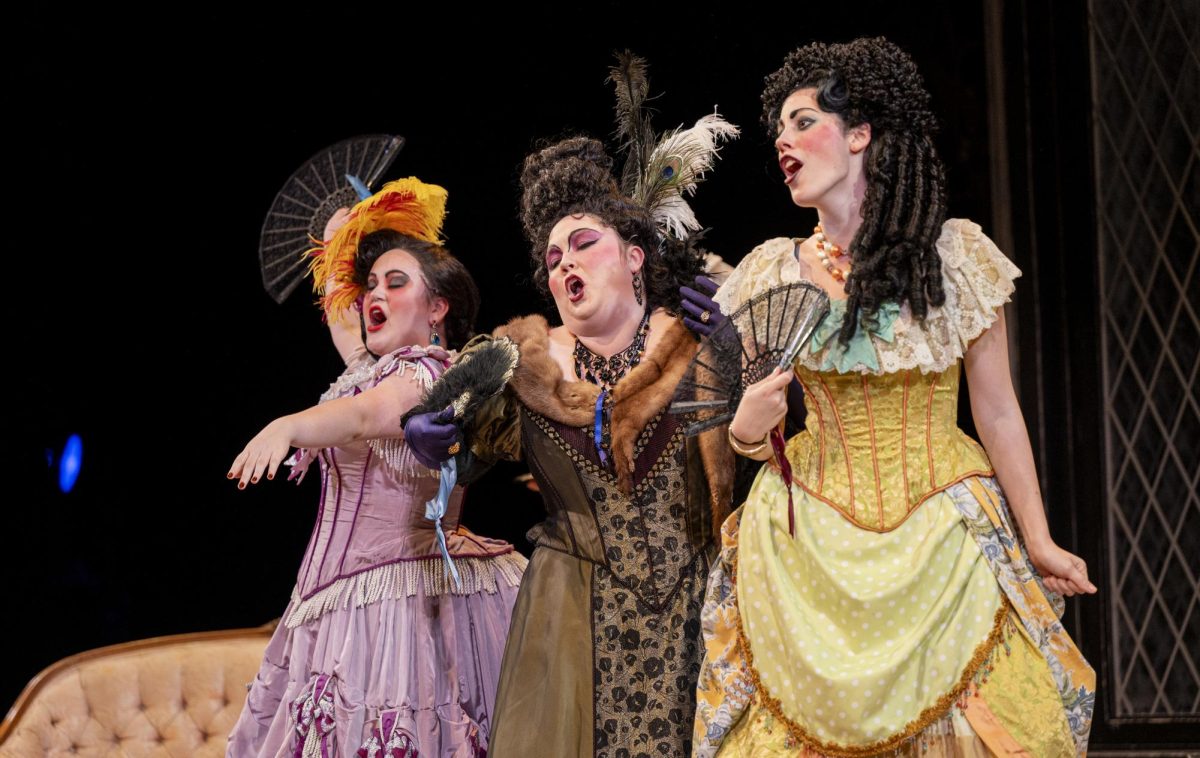Artistic Escape Proves Essential to Survival
September 6, 2013
Living in Oberlin, we are uniquely privileged to be part of a community that claims to value the arts and supports that statement with funding — a rare thing in small-town Ohio. But as much as the arts are already emphasized here, I would assert that the arts are of vital importance to the preservation of our very well-being and sanity, especially in a place like Oberlin, with all of its peculiarities.
Since returning from a semester abroad, I have been particularly struck by the uniqueness of a culture created through the coalescence of academic rigor and a fervor for the arts situated in a hotbed of liberal and progressive thought. Although this is a place of commendable diversity and global awareness, the nature of our education, which challenges our worldviews and understandings of ourselves, can be markedly isolating. Learning to understand the world in ways that we have never considered — while obviously valuable, can destabilize or even destroy the foundations on which we construct our senses of self, leaving us to wander in the dark. My own involvement in artistic communities on campus and in town, and their role in my re-acclimation to the sometimes overwhelmingly small bubble that is Oberlin, has never been more important.
Living in South America and speaking a different language challenged me to learn how to handle the intense isolation that a cultural exchange may provide, and I see many similarities in the effects that the collective consciousness at Oberlin can have on an individual. Intense intellectualization of experiences previously taken for granted, plus the ego-smashing realizations of one’s own smallness and ignorance, create daunting emotional and philosophical challenges which can often lead to struggles to find meaning and connection. Having been personally lost in this kind of mental labyrinth, I know that it can seem impossible to find an escape. But my repeated experiences of isolation have affirmed that a consistently effective tonic is the surrender of the self to the mindset of another: in other words, the appreciation of art.
From an exhibit of paintings and surreal installations by Japanese-American artist Yayoi Kusama in Buenos Aires, to the dystopian canvases of Roberto Matta in Santiago, experiencing the arts provided relief from my own narrow perspective while I was abroad, even as I felt particularly trapped in my own mind by the barriers of language and culture. Art in all its forms opens a window into the lived and imagined experiences of people whom we may have next to nothing in common with, creating vital connections to the world outside of our own headspaces.
So, as the semester begins to absorb our time and attentions in earnest and we start to lose the summery feelings of connection to the people we recently enjoyed spending time with, let art be a respite. Allow yourself to break out of the tiny sphere of you own consciousness, to feel and experience the world through the lens of another’s creative expression. This is a kind of holistic nourishment that can act as a reminder: that the world an Oberlin education exposes us to is infinitely complex and beautiful. And amid all the pressure, sometimes this is we all need to remember.


